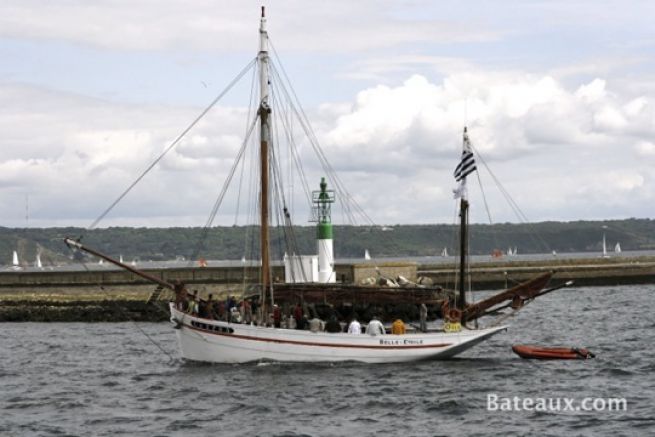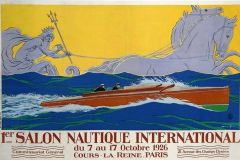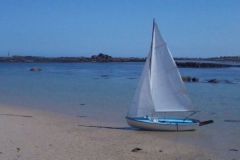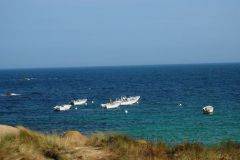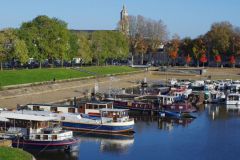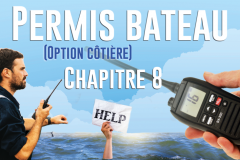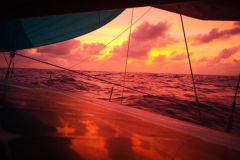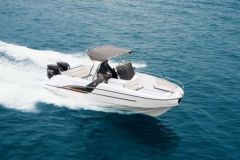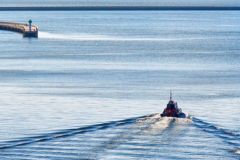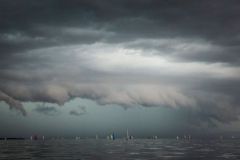Passenger management measures
In view of the increase in the number of pleasure boats used by professionals in the nautical world, it is important to draw a line between two nautical activities: teaching or raising awareness of the practice of sailing and transporting or discovering marine environments.
In order to respond to the professionals of the sea as well as to the sports structures, the Ministry of the Sea and Sports have signed a common note. It summarizes the new and existing measures for the boarding of passengers on pleasure craft. Thus, the two activities can coexist while respecting certain safety rules.
Two points to secure professional boating activities:
- The vessel and its equipment must be adapted to the different people welcomed on board, either for tourism or for teaching purposes
- The skipper must have a competence attested by a State diploma in adequacy with the practiced activity: a professional skipper who teaches sailing must have a diploma "youth and sports" and/or a patent of the maritime affairs if he proposes a commercial service of embarkation of the passengers.
- Bridging courses more adapted to marine and sports professionals
For professionals who would like to be able to carry out these two activities, the Ministry of Sports and the Sea has set up a system of bridges between the professional maritime certificates and the sports diplomas. In July 2013, conditions of equivalence were created between the first brevet de commandement de la marine marchande "Captain 200." and some professional diplomas "youth and sports" . A "Captain 200 Restricted Sailing" certificate was created in March 2014 facilitating access to graduates "youth and sports" . Additional training has also been put in place.
Essential safety rules for large nautical events
Finally, pleasure boats can take passengers on board during large nautical events. However, some rules must be respected. The boarding can only be done free of charge, in an adapted vessel, in the respect of the conditions of use at sea and the number of passengers. The organizer of the event is the only one responsible, each person on board must wear a life jacket, the boat must be equipped with a VHF radio, and finally, the crew must be in sufficient number to supervise the boaters.

 /
/ 